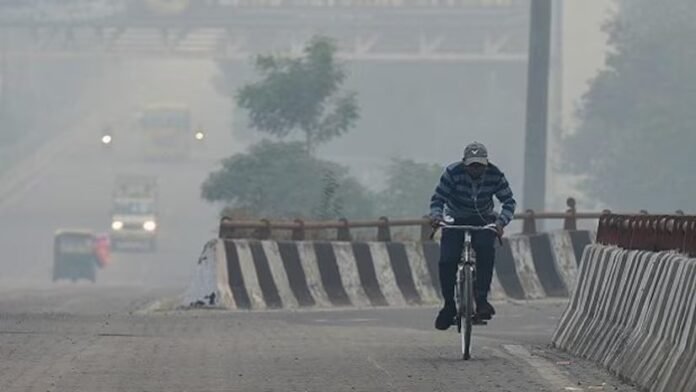DELHI: A pivotal conference focused on the source apportionment study of air pollution in Delhi is set to take place, addressing one of the most pressing environmental concerns in the city. The conference aims to bring together experts, researchers, policymakers, and stakeholders to discuss and analyze the sources of air pollution in the capital region.
Air pollution in Delhi has reached alarming levels in recent years, posing severe health risks and impacting the quality of life for its residents. The source apportionment study aims to identify the major contributors to air pollution, including both local and regional sources.
By understanding the sources of pollution, policymakers can devise effective strategies and measures to mitigate and control the problem. The conference serves as a platform to exchange knowledge, share research findings, and discuss potential solutions to tackle the complex issue of air pollution in Delhi.
The event will feature presentations, panel discussions, and interactive sessions, providing an opportunity for stakeholders to collaborate and brainstorm ideas. Experts will present their research on various aspects of source apportionment, such as emissions from vehicles, industries, biomass burning, construction activities, and meteorological factors.
Furthermore, the conference will address the need for interdisciplinary approaches and multi-stakeholder engagement to develop comprehensive and sustainable solutions. It emphasizes the importance of adopting a holistic approach that includes policy interventions, technological advancements, public awareness campaigns, and behavior change initiatives.
The outcomes of the conference are expected to inform policymakers and guide decision-making processes to combat air pollution effectively. It will contribute to the development of evidence-based policies and strategies that target specific pollution sources, leading to improved air quality and public health in Delhi.
The conference on source apportionment study on air pollution in Delhi underscores the urgency to address this critical environmental issue. It reinforces the collective responsibility of all stakeholders, including the government, industries, citizens, and civil society, to take proactive measures and work towards cleaner and healthier air for all.



